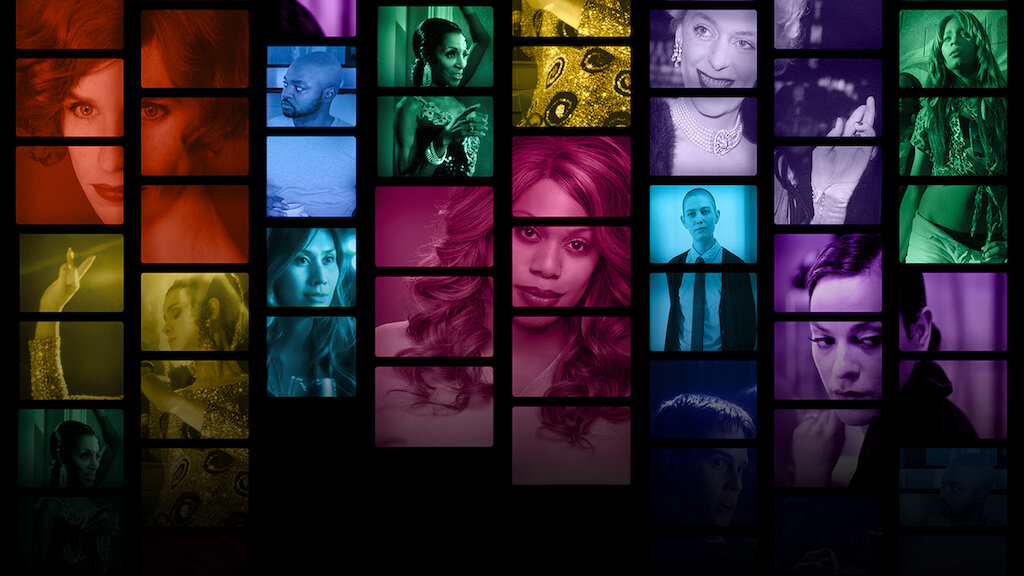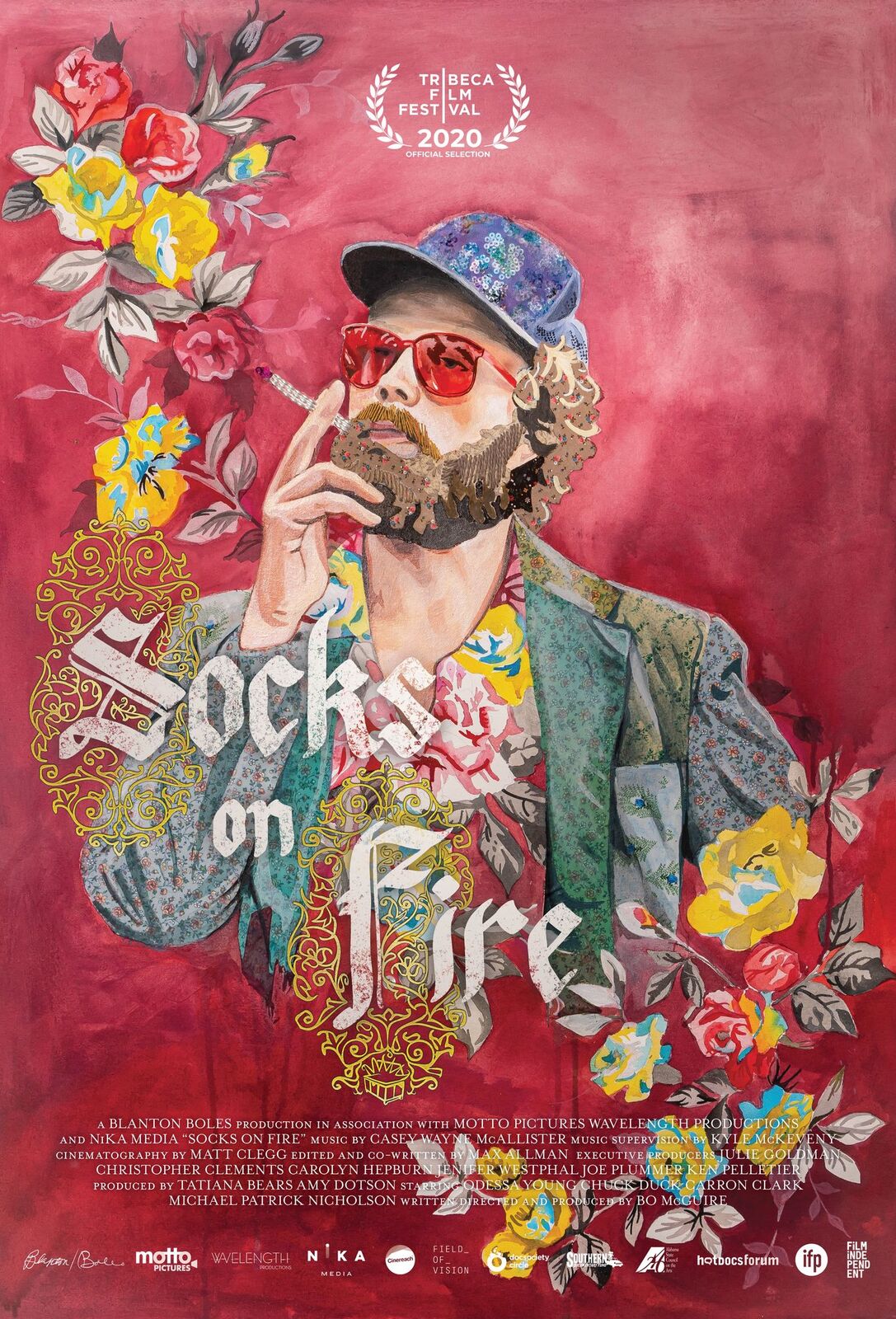
by Michele Kirichanskaya | Sep 16, 2020 | Blog
Bred in Alaska, James Sweeney is an actor-turned-playwright-turned-filmmaker. His debut feature, Straight Up, was the Breakthrough Centerpiece at Outfest and distributed by Strand Releasing. I had the pleasure of interviewing him recently, which you can read below. To...

by Justin Lockwood | Jun 17, 2020 | Blog
“Stories hurt, stories heal.” Those words conveyed the message of last summer’s Scary Stories to Tell in the Dark, and they popped into my head when I was thinking about Sam Feder’s documentary Disclosure, which premieres on Netflix on Friday, June 19. ...

by Justin Lockwood | May 28, 2020 | Blog
Great horror has come out of extremely limited resources and production values many times over the years; it’s also often fueled by tumultuous time periods. So it seems fitting that the COVID pandemic and ensuing quarantine have led to multiple, literally...

by Justin Lockwood | May 7, 2020 | Blog
Director Bo McGuire in the opening of Socks on Fire My early notes for Socks on Fire, Alabama-born director Bo McGuire’s unusual and personal documentary, are pretty harsh. “Bizarre,” I wrote after the opening few minutes, with elaborate tableaus of various...





